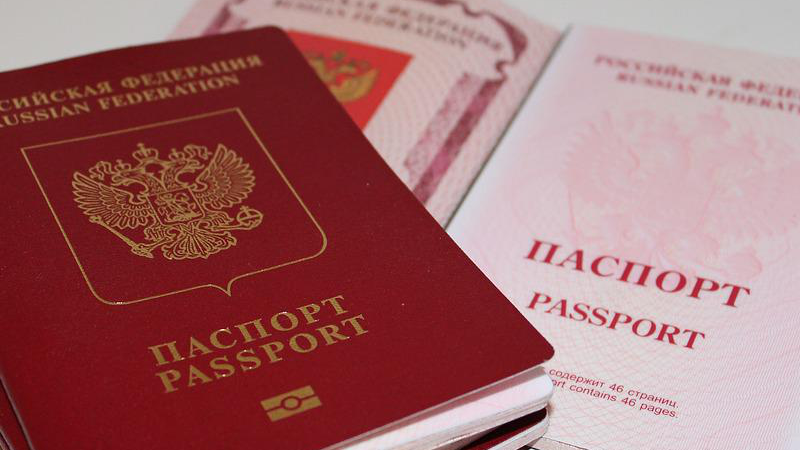Europe and Russia are tightening a lot over travelling within the region since the ‘special military operation’ began late February 2022. Long before that, it was the coronavirus pandemic that controlled travel and tourism for two years. Now the situation for travel and tourism business is still tightening as the United States and European visa regulations have changed, thus pushes Russian tourists for popular destinations mainly in Asia.
Russian President Vladimir Putin’s lengthy address, at the opening ceremony of the Russian-Chinese Expo and the 4th Russian-Chinese Interregional Cooperation Forum, has increasingly expressed confidence in further strengthening of the Russian-Chinese strategic alliance. Putin’s official working trip May 16 to 17 has consolidated the relationship, offers more possibility of Chinese travelling to Russia.
In a similar direction, President Xi Jinping is also encouraging more Chinese corporate business executives and potential tourists to undertake frequent visit to strengthen business contacts and people-to-people interaction.
The Russian Economic Development Ministry expects that mutual travel between Russia and China should grow to 2 million people in 2024, Economic Development Minister Maxim Reshetnikov said.
“Mutual travel between Russia and China exceeded 1.2 million trips last year. China is leading among the countries outside of the CIS in terms of inbound tourism to Russia. The target for this year is 2 million mutual trips. To attain it, we’re providing comfortable conditions, including as regards payments for services and goods in Russia,” the ministry’s press service quoted Reshetnikov as saying during a visit to China as part of a delegation led by President Vladimir Putin.
The Association of Tour Operators of Russia (ATOR) also noted in a quarterly report that foreign tourist arrivals in Russia tripled year-on-year in the first quarter of 2024, but half of those tourists came largely from China. Nearly 100,000 Chinese citizens entered Russia as tourists in the first quarter of 2024, accounting for about a half of all inbound trips to Russia in this period.
Noticeably, Russia is steadfastly exploring measures to recover from the broken down tourism and hospitality industry. Over the past few years, the industry (both inbound and outbound) have slided down and still experiencing diverse low performance. “Most of the Chinese citizens who visited Russia in the first half of last year were business tourists. The number of Chinese tourists on sightseeing trips to Russia grew at the end of last year and in the first quarter of 2024,” ATOR said.
According to statistical data from the European Commission (EC), Russian citizens filed a total of 520,000 applications for Schengen visas in 2023, down 24% from 2022 (687,000), and visas were issued to 448,800 applicants. Over 54,000 applications were turned down.
Europe and the United States, more or less, closed. Nevertheless, Russian government continues working on the development of the domestic tourist industry to let people travel comfortably and with pleasure in their own homeland. And in practical terms, the government has to play the biggest role here, largely by adopting new flexible policies if it wants external destinations.
Generally, Russians made 5.3 million trips abroad in the first quarter 2024, which is an almost nine percent increase from 2023. But, Russian tourism experts say potential Russian travellers are now more interested in inbound tourism. European travel has considerably reduced, while there is an increasing demand for Asia region, especially China.
In a nutshell, the Russia’s tourism, both in-bound and out-bound, is severely hit by the war-ravaged crisis and the rapidly global changes. European and western tourist numbers have drastically declined in the Russian Federation. The most popular foreign travel destinations are Abkhazia, Armenia, Azerbaijan, Uzbekistan and Kazakhstan within the former Soviet republics. That however, interesting external destinations are China, Turkey, Thailand, Egypt, Sri Lanka, Cuba, Maldives, India, Qatar, Serbia, Oman, Seychelles and Mauritius.

